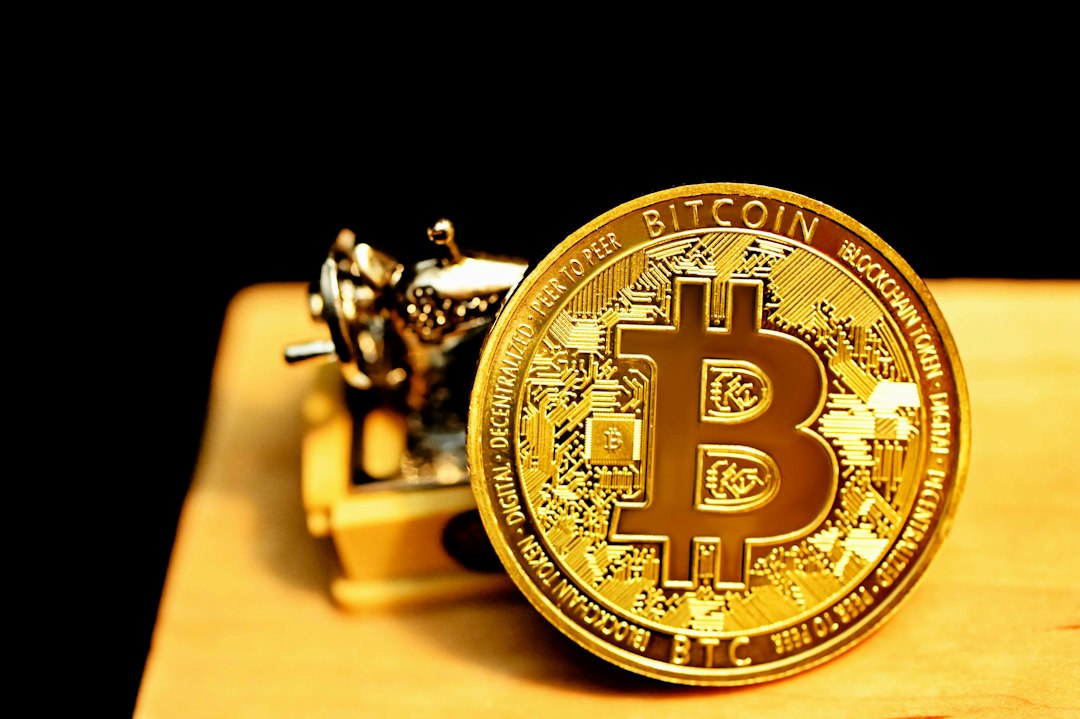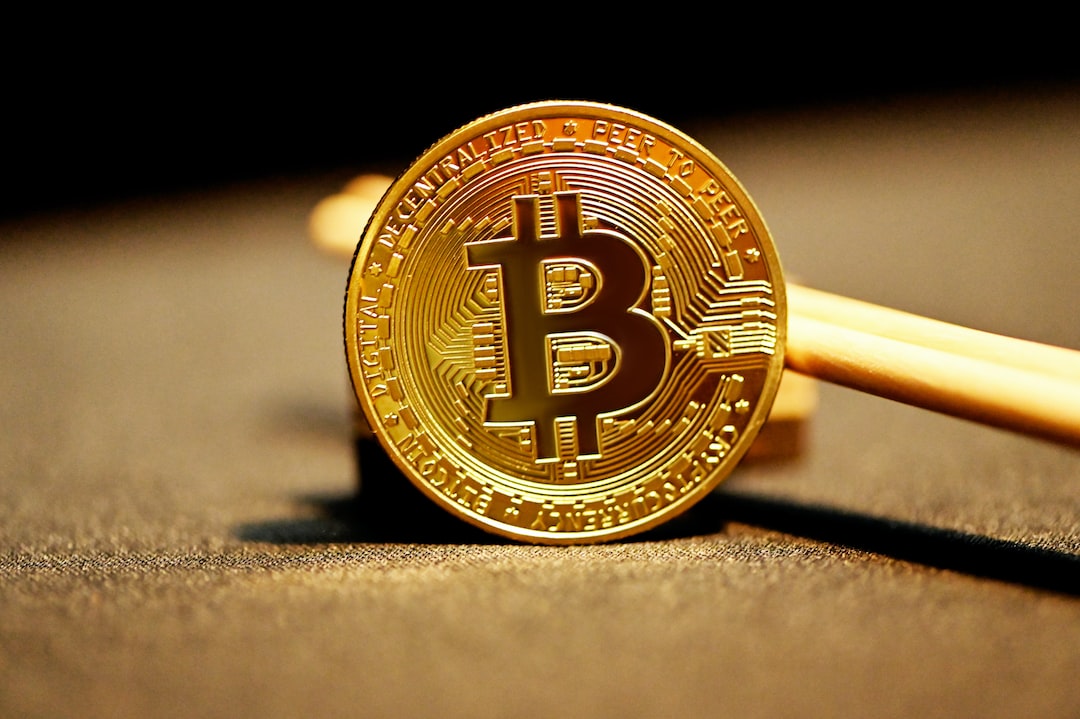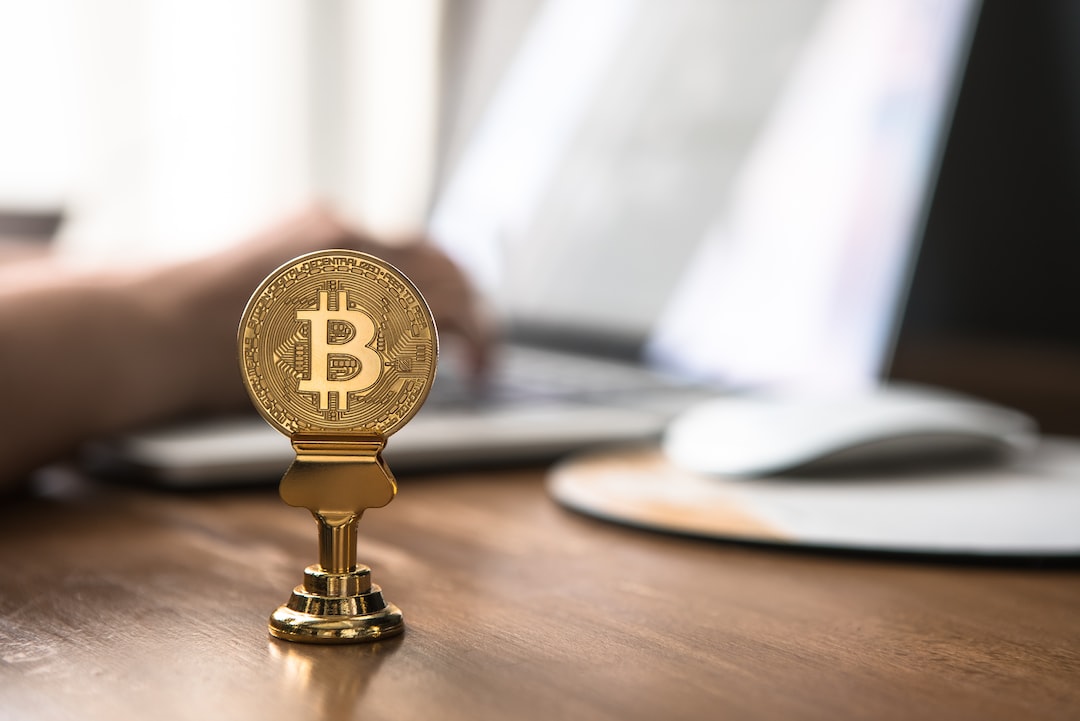Exploring the Controversies Surrounding Tether: Is It a Stablecoin or a Potential Systemic Risk?
Cryptocurrency has undoubtedly revolutionized the way we conduct financial transactions. Among the plethora of digital currencies available today, Tether has emerged as a dominant player. Holding the promise of stability and convenience, Tether is often referred to as a stablecoin due to its fixed value pegged to the US dollar. However, the crypto community has raised several controversies and questions regarding Tether’s legitimacy and impact on the financial system. In this article, we delve into these controversies and explore whether Tether truly lives up to its reputation.
You might be wondering, what exactly is Tether? Well, it is a cryptocurrency that aims to bridge the gap between digital currencies and traditional fiat currencies. Tether achieves this by pegging its value to the US dollar at a 1:1 ratio. This means that for every Tether token in existence, there should be an equivalent amount of US dollars stored in reserves. The idea behind Tether is to provide traders and investors with a stable alternative to more volatile cryptocurrencies.
However, controversy arises when we question the transparency and actual backing of Tether. While the company claims that each Tether token is backed by an equivalent amount of US dollars in its reserves, some have expressed doubts about this claim. In the past, Tether was involved in a legal dispute with authorities who accused the company of artificially inflating the value of Bitcoin through the issuance of unbacked Tether tokens. This raised concerns about Tether’s credibility and whether it could potentially trigger a market crash if the allegations were true.
Another controversial aspect of Tether is its relationship with Bitfinex, one of the largest cryptocurrency exchanges. Both Tether and Bitfinex share the same management team, which has led to speculation that Tether might be used to manipulate the price of cryptocurrencies on Bitfinex. Such alleged market manipulation could have far-reaching consequences for the entire cryptocurrency ecosystem.
Moreover, Tether’s lack of regulatory oversight has raised eyebrows within the crypto community. Unlike traditional financial institutions, Tether operates without direct supervision from any governmental authority. This lack of oversight makes it difficult to assess the risks associated with Tether’s operations and the potential impact it could have on the financial system in the event of a major market disruption.
So, with all these controversies surrounding Tether, should you be worried? The answer is not straightforward. While Tether has undoubtedly faced criticism and legal challenges, it remains widely used within the cryptocurrency ecosystem. Many traders and investors rely on Tether for its stability and liquidity, allowing for easy conversion back to fiat currencies whenever needed.
However, it is crucial to be aware of the potential risks. Tether’s lack of transparency and the alleged market manipulation give rise to concerns about the overall stability of the cryptocurrency market. If Tether were to collapse or be revealed as unbacked, it could send shockwaves throughout the crypto world, potentially triggering a mass sell-off and disrupting the broader financial system.
Frequently Asked Questions about Tether
1. Is Tether a safe investment?
Investing in Tether comes with certain risks, given the controversies surrounding its transparency and backing. It is essential to do thorough research and consider alternative stablecoin options before deciding to invest.
2. Can Tether be used for everyday transactions?
While Tether is primarily used as a trading tool, some merchants and online platforms accept Tether as a form of payment. However, its acceptance is still limited compared to traditional fiat currencies.
3. What are the alternatives to Tether?
There are several other stablecoins available in the market, such as USD Coin (USDC), DAI, and TrueUSD. These stablecoins also aim to provide stability and convenience while addressing some of the concerns surrounding Tether.
4. How can I ensure the security of my Tether holdings?
When holding any cryptocurrency, it is essential to use secure wallets or platforms with strong security measures in place. This helps protect your Tether tokens from potential hacking or theft.
5. Will Tether’s controversies affect the future of stablecoins?
The controversies surrounding Tether have shed light on the need for increased regulation and transparency in the stablecoin market. It is likely that future stablecoins will face stricter scrutiny and regulatory oversight to avoid similar controversies.
In summary, Tether’s controversies regarding transparency, market manipulation, and lack of regulatory oversight have raised concerns within the crypto community. While Tether continues to be widely used, it is important to remain vigilant and consider alternative stablecoin options. Ultimately, the future of Tether and stablecoins in general will depend on the industry’s ability to address these controversies and establish trust.





 By
By
 By
By
 By
By
 By
By
 By
By